Drug therapies that selectively target proteins that drive the growth of tumor cells are rapidly becoming the standard of care for many cancers. However, tumors are often able to evade inhibition by targeted anti-cancer drugs by activating other proteins, leading to drug resistance. Dr. Gier [HHMI Fellow] is developing a new therapeutic approach that repurposes existing drugs to release highly toxic cargoes, known as payloads, that aggregate in drug-resistant cancer cells and kill them. As a general platform, it is applicable to a wide range of solid and liquid cancers. Dr. Gier received his PhD from University of Pennsylvania, Philadelphia and his BA from Swarthmore College, Swarthmore.
Blood Cancers
Current Projects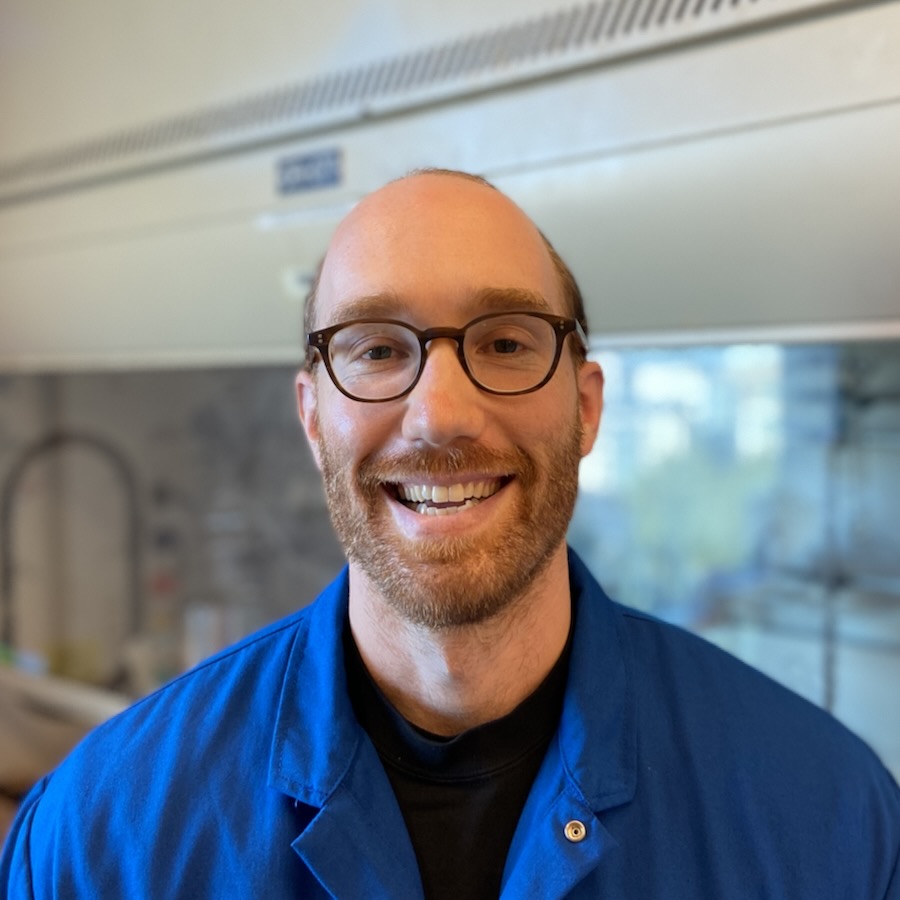
Dr. Gu’s lab studies how cells regulate the destruction of proteins without using the typical "ubiquitin" tag, which signals that a protein should be transported to the proteasome for digestion and recycling of amino acids. The lab has discovered a new pathway, the midnolin-proteasome pathway, that helps degrade key proteins involved in cancer, including several linked to blood cancers like multiple myeloma. The lab’s goal is to understand this pathway better and explore how it might be used to develop new treatments, especially for blood cancers, by targeting specific proteins that drive disease.
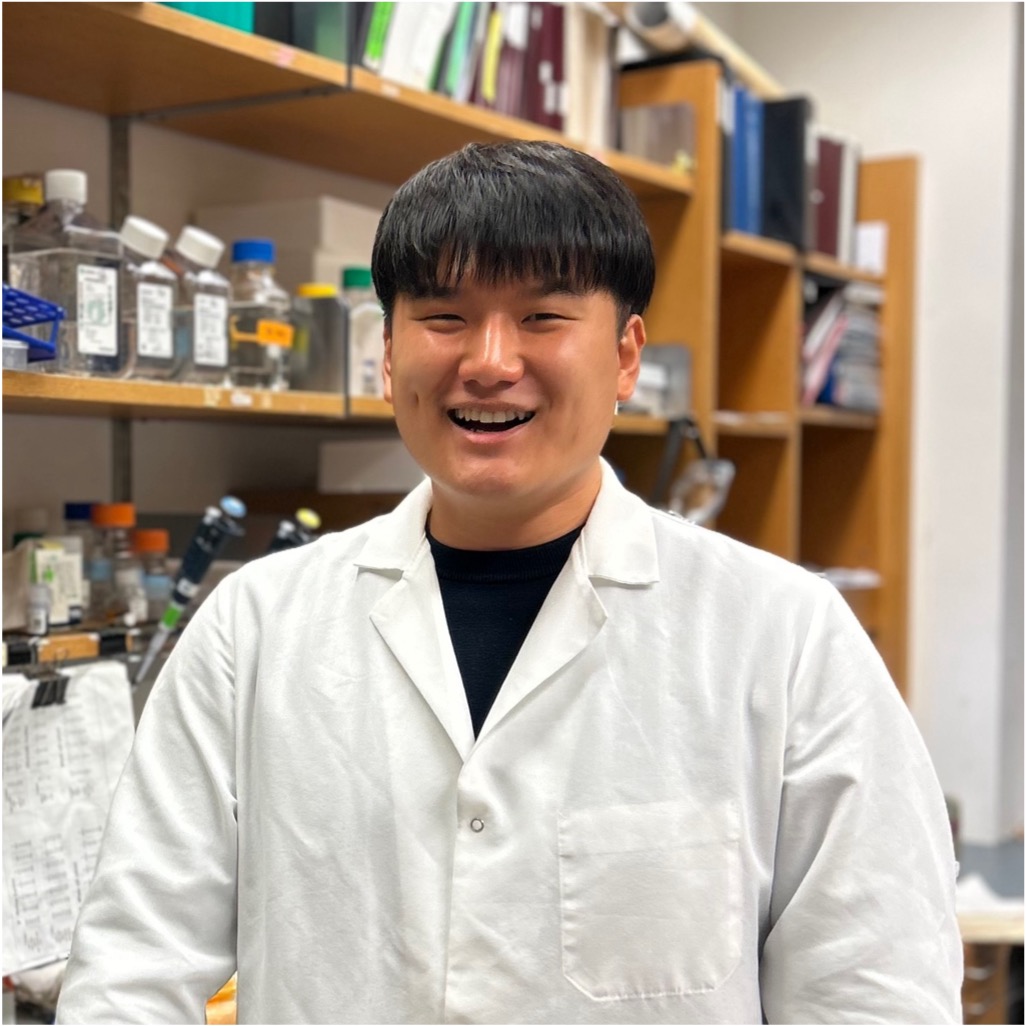
The cellular response to DNA damage is coordinated by an enzyme known as ATM kinase. Mutations in ATM are found in approximately 1% of the population and contribute to an increased risk of both hereditary and sporadic cancers, including breast cancer. Dr. Kim’s research investigates how ATM suppresses the production of double-stranded RNAs (dsRNAs) in response to DNA damage. These dsRNAs play a critical role in tumor progression. Dr. Kim aims to identify the key molecular players involved in ATM-mediated suppression of dsRNAs and elucidate how the loss of ATM function triggers inflammatory responses through dsRNA sensing pathways. By uncovering these mechanisms, Dr. Kim aims to deepen our understanding of how ATM mutations drive cancer development and uncover novel therapeutic strategies for ATM-associated cancers. Dr. Kim received his PhD and BS from the Ulsan National Institute of Science and Technology, Ulsan.
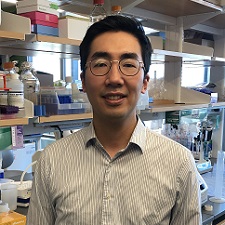
Blood stem cells, which give rise to various blood cells in the body, acquire mutations with increasing frequency as we age. In the absence of blood cancer development, this state is called clonal hematopoiesis. Up to a quarter of individuals over 60 years old will have recurrent mutations detected in their blood. Recent studies suggest that those with clonal hematopoiesis have an increased risk of developing heart disease and blood cancer, as well as increased levels of inflammatory cytokines – signaling molecules released by immune cells to promote inflammation. Dr. Kim will dissect the mechanisms underlying increased inflammation, which could provide insight into various inflammatory conditions associated with clonal hematopoiesis and potentially elucidate how clonal hematopoiesis progresses into blood cancer.
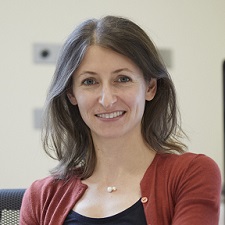
Cancer cells rely on efficient uptake, conversion, and exchange of nutrients and vitamins to support their rapid growth and survival. The molecular transport channels that allow passage of nutrients between the different cellular compartments are critical for the survival of cancer cells and are thus promising as potential drug targets. However, drug discovery efforts are hampered by a lack of basic understanding of these channels' identities, functions, and regulation inside cancer cells. Dr. Kory's research aims to identify transporters central to cancer cell nutrient supply and detoxification pathways and determine their role in the emergence, survival, and aggressiveness of cancer. Her research is relevant to all cancers, but particularly pediatric, blood, and breast cancers.
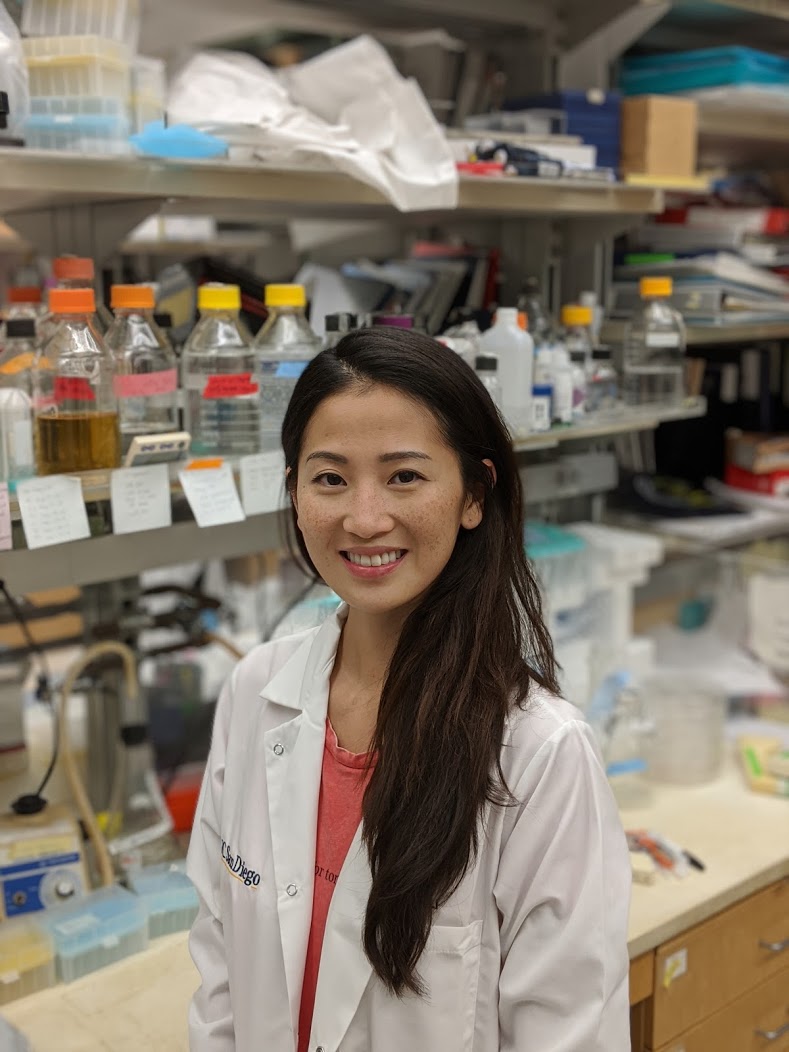
Dr. Li’s research aims to uncover a missing link between repeated DNA sequences, genomic instability, and viruses. While abnormal expansion of “repeats” has been found at unstable genomic regions, known as fragile sites, that are implicated in cancer growth, the mechanisms and consequences of this genomic instability remain poorly understood. Dr. Li recently discovered a cluster of Epstein Barr Virus (EBV)-like repeat sequences in the genome that breaks when bound by abnormally high levels of EBV antigens. These findings illustrate how a chromosome can be broken in long-term EBV infection, which can threaten genome stability and trigger cancer development. Dr. Li aims to leverage this discovery to advance our understanding of how broken repeats threaten genome integrity for clinical screening of individuals susceptible to EBV-associated diseases, and for the prevention and treatment of disease in these individuals. This research could also lead to the discovery of other virus-like repeats and the potential biological function of these virus-like repeats in our genome.
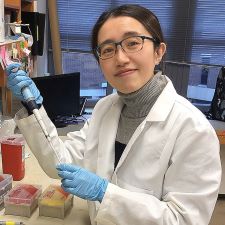
Sex differences are markedly evident in many types of cancer, and one of the major contributors to sex-biased differences lies in the sex chromosomes. In contrast to the traditional view that Y chromosome-encoded proteins only function in male reproductive organs, recent evidence suggests that select Y chromosome-encoded proteins are also expressed in male non-reproductive tissues. Furthermore, dysregulation of the Y chromosome-encoded proteins has been implicated in cancers in non-reproductive organs. Upon closer examination, this subgroup of Y chromosome proteins each has corresponding proteins on the X chromosome. Dr. Liu will study the function of the Y chromosome-encoded proteins and whether and how protein sequence differences from their X chromosome-encoded counterparts lead to functional distinctions in cancer development.
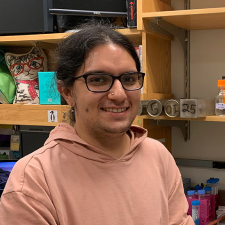
In addition to acute illness, viruses can cause cancers. While our understanding of cellular immunity against viruses that have DNA-based genomes is robust, we know less about how cells protect themselves against RNA-based viruses such as hepatitis C, a leading cause of liver cancer. Because many cellular defenses against viruses are known to be shared between mammals and bacteria, Dr. Mendoza [HHMI Fellow] is looking for new cellular defenses against RNA viruses in bacteria and will investigate how these defenses work. The resulting discovery of anti-viral defenses will broaden our understanding of how cells protect themselves against RNA viruses, which will improve our capacity to support patients' immune systems when infected with cancer-causing RNA viruses. Dr. Mendoza received their PhD from the University of California, San Francisco, and their BS from the University of Miami.
Chimeric antigen receptor (CAR) T cells are a type of immunotherapy that uses genetically engineered T cells from patients to treat cancer. While a one-time treatment has the potential to generate long-term protection from relapse, CAR T cells often fail due to poor persistence. Dr. Mi recently studied samples from patients with durable remissions of leukemia and found that rare persistent CAR T cells share a distinct set of molecular and cellular features. She will now define the properties of persistent CAR T cells across multiple blood cancers, trace their T cell origins and evolutionary dynamics using novel technologies, and experimentally evaluate her findings in preclinical models. These studies could illuminate how CAR T cells change over time in patients and help guide development of future cellular therapies with more durable effects for patients with different types of cancers.
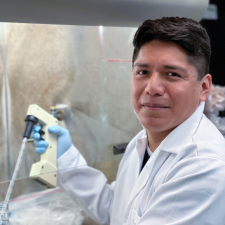
Human cells compact their vast genomes into the small confines of the nucleus by wrapping their DNA into a highly complex structure called chromatin. Packaging DNA into chromatin, however, affects all nucleic acid-transacting machines (e.g., transcription factors) that need to access the genomic information stored in the DNA. NuRD is a large multi-subunit protein complex that plays a major role in making chromatin either accessible or inaccessible. Dysregulation of NuRD and aberrant targeting of the complex can result in the emergence of several types of cancers, including breast, liver, lung, blood, and prostate cancers. Dr. Osorio Valeriano’s [Philip O'Bryan Montgomery, Jr., MD, Fellow] work will reveal mechanistic aspects of NuRD-mediated chromatin regulation and pave the way for the development of novel therapeutic approaches that target cancers more effectively. Dr. Osorio Valeriano received his PhD from Philipps University and his MSc and BSc from the National Autonomous University of Mexico.







